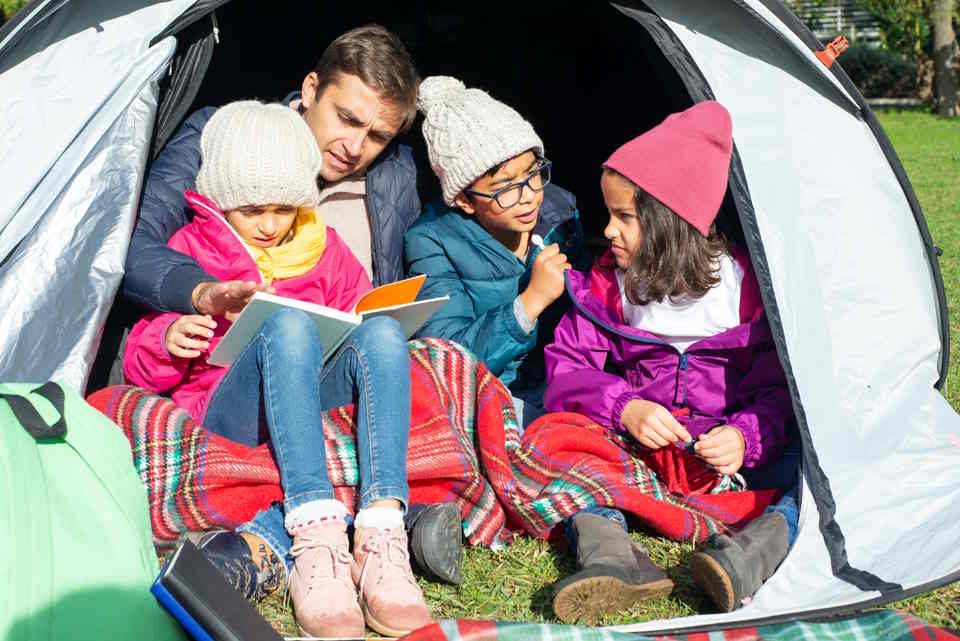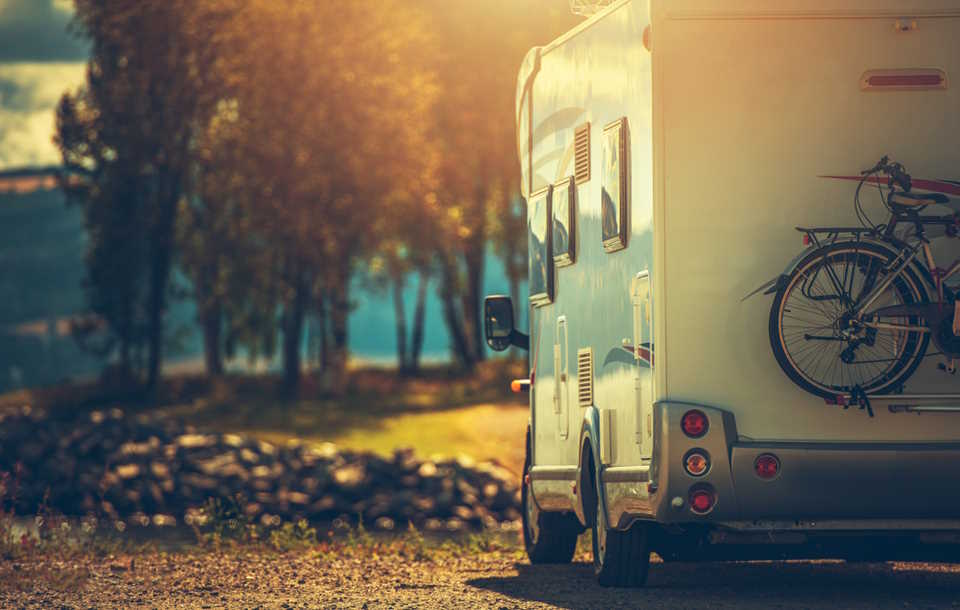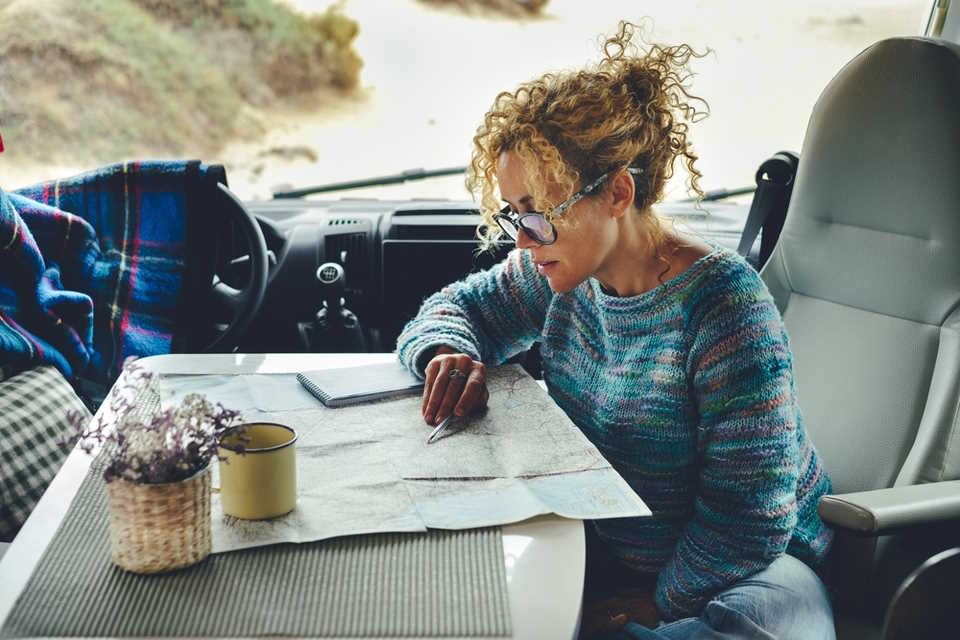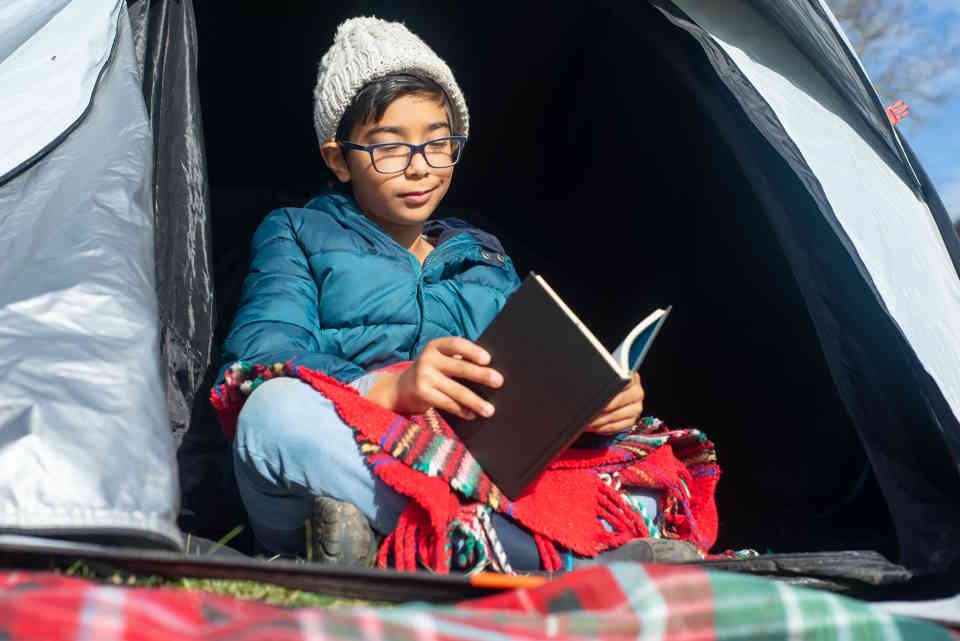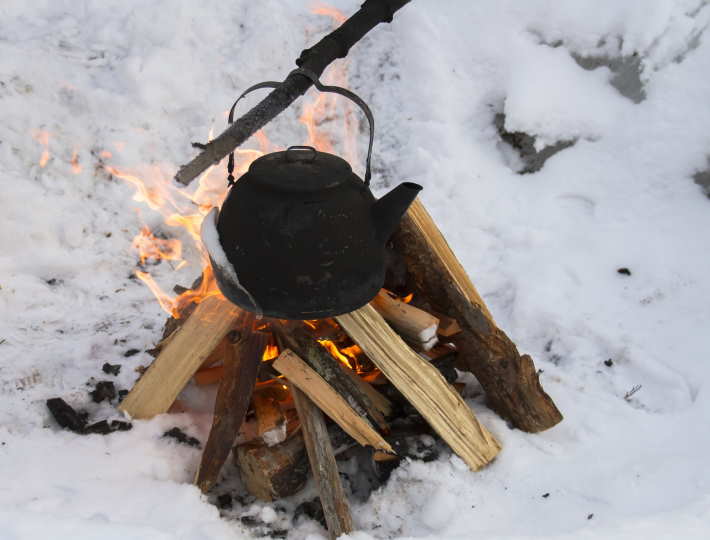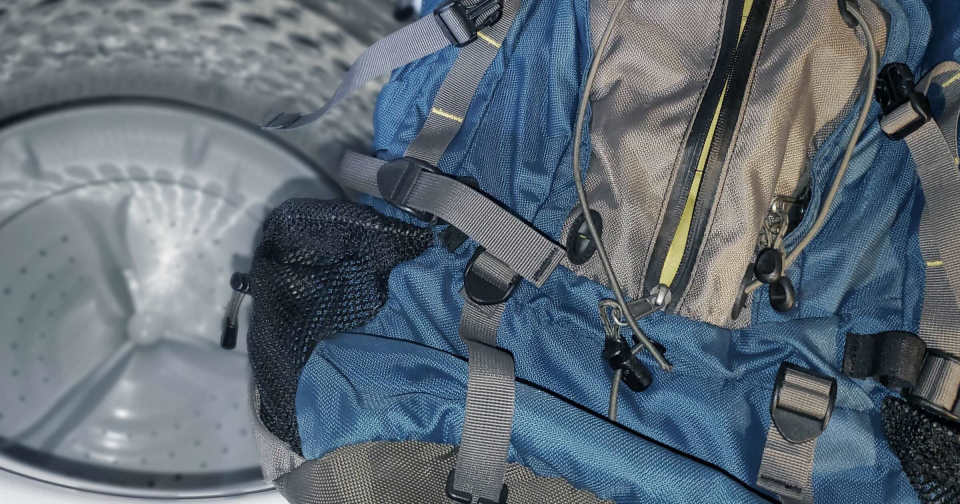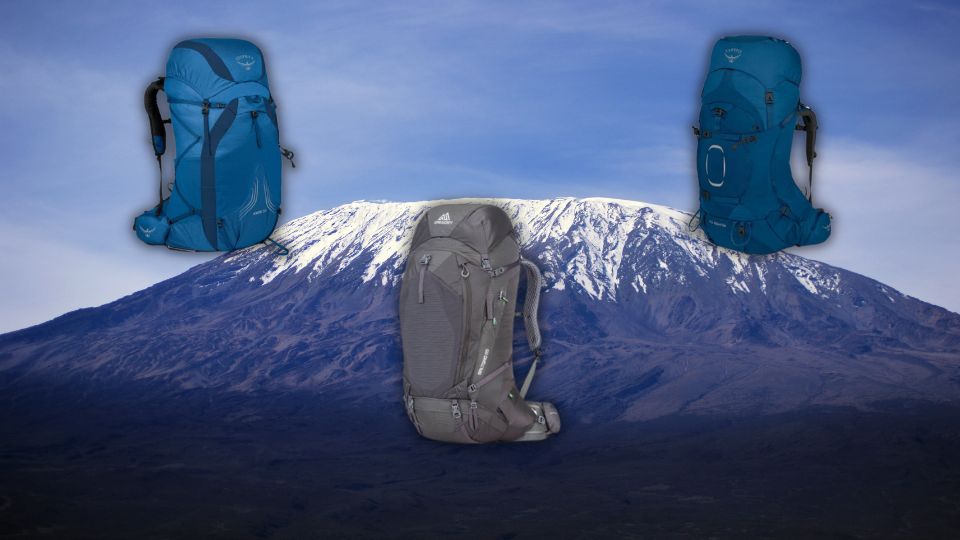Are you considering living in a camper during the winter months? While it may seem daunting, with the right preparations, it’s entirely possible to stay cozy and comfortable in your camper even when temperatures drop. In this blog post, we’ll explore the essential steps to take to ensure your camper is ready for winter living. From properly insulating your camper to choosing the right heating system and managing condensation, we’ll cover all the important factors to consider. Whether you’re a full-time RVer or simply enjoy cold-weather camping, these tips will help you make the most of your winter camper experience. So, if you’re ready to embrace the beauty of winter on the road, keep reading for our expert advice on living in a camper during the winter.Get expert tips on preparing, insulating, heating, and managing condensation in your camper for the winter season. Keep your camper cozy and comfortable.
Preparing Your Camper For Winter
Winter can be a challenging time for camping enthusiasts, but with proper preparation, you can still enjoy the outdoors in your camper. One of the first things to consider when preparing your camper for winter is insulating it properly. This will help keep the cold air out and the warmth in, making your camping experience much more enjoyable.
Choosing the right heating system is another crucial aspect of preparing your camper for winter. Whether you opt for a propane heater, electric heater, or wood stove, it’s important to ensure that the heating system is safe, efficient, and suitable for your specific camper setup. Properly managing condensation is also essential during winter camping. This can be achieved by using dehumidifiers, ensuring good ventilation, and using moisture-absorbing products.
Additionally, it’s important to check and maintain your camper’s exterior, such as the roof, windows, and seals, to ensure that it’s well-equipped to withstand the harsh winter weather. Inspecting and preparing your camper’s plumbing system for cold temperatures is also crucial to prevent freezing and damage.
By taking these steps to prepare your camper for winter, you can enjoy a cozy and comfortable camping experience even in the coldest months.
Insulating Your Camper Properly
When it comes to preparing your camper for the winter, one of the most important factors to consider is insulation. Proper insulation can make all the difference in keeping your camper warm and cozy during the cold winter months.
There are several options for insulating your camper, including foam board, fiberglass, and spray foam. Each of these materials has its own advantages and disadvantages, so it’s important to do your research and choose the option that best fits your needs and budget.
In addition to choosing the right insulation material, it’s also important to properly install and seal the insulation to prevent any drafts or heat loss. This may require removing interior paneling or ceiling tiles, but the effort will be well worth it in the long run.
By taking the time to properly insulate your camper, you can ensure that you stay warm and comfortable throughout the winter season, no matter how chilly it gets outside.
Choosing The Right Heating System
When it comes to choosing the right heating system for your camper, there are a few key factors to consider. One of the most important things to think about is the size of your camper and how well insulated it is. A smaller camper may require a different heating system than a larger one, and poor insulation can make it more difficult to maintain a comfortable temperature. It’s also important to consider the type of fuel that the heating system uses, as well as the cost and availability of that fuel.
Another important consideration when choosing the right heating system for your camper is the climate in which you will be traveling. If you plan to spend most of your time in a mild climate, a simple electric heater may be sufficient. However, if you will be traveling in colder regions, a more powerful heating system, such as a propane or diesel heater, may be necessary to keep your camper warm and comfortable.
It’s also important to think about the ease of installation and maintenance when choosing the right heating system for your camper. Some heating systems may be more complicated to install and require regular maintenance, while others are more straightforward and low-maintenance. Consider your own abilities and the amount of time and effort you are willing to put into maintaining your heating system when making your decision.
Ultimately, the right heating system for your camper will depend on a variety of factors, including the size and insulation of your camper, the climate in which you will be traveling, and your own preferences and abilities. Taking the time to carefully consider all of these factors will help you make the best choice for your needs and ensure that you stay warm and comfortable on all of your camping adventures.
Managing Condensation In Your Camper
Condensation in your camper can lead to a variety of problems, including mold, mildew, and rust. To effectively manage condensation, it’s important to understand what causes it in the first place. Condensation occurs when warm, moist air comes into contact with cold surfaces, such as windows and walls, and then cools, forming water droplets. To combat this, proper ventilation is crucial. Make sure to open windows and vents regularly to allow moist air to escape and drier air to enter. Additionally, using a dehumidifier can help remove excess moisture from the air and prevent condensation from forming.
Another way to manage condensation in your camper is by insulating it properly. Insulation helps maintain a consistent temperature inside the camper, reducing the likelihood of condensation forming. Be sure to insulate windows and doors, as well as any other areas where cold air may seep in. Using insulated curtains or window coverings can also help minimize heat transfer and reduce condensation.
It’s also important to be mindful of your cooking and bathing habits in the camper, as these activities can produce a significant amount of moisture. When cooking, use lids on pots and pans to contain steam, and run the exhaust fan to remove excess moisture from the air. Similarly, when showering, be sure to use the bathroom’s exhaust fan to vent steam outside of the camper and minimize condensation.
Lastly, maintaining proper humidity levels inside your camper can help prevent condensation. Keep an eye on indoor humidity levels and use a hygrometer to measure them. Ideally, indoor humidity should be kept between 30-50%. If levels exceed this range, use a dehumidifier or open windows and vents to allow excess moisture to escape.

